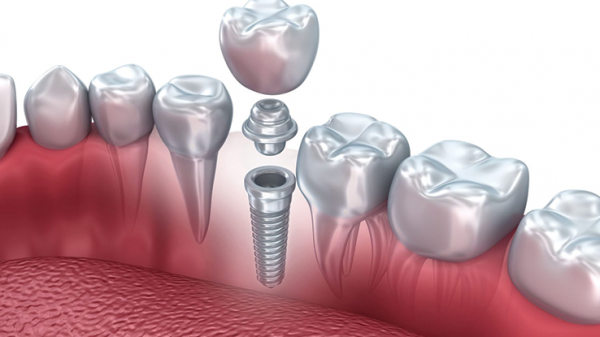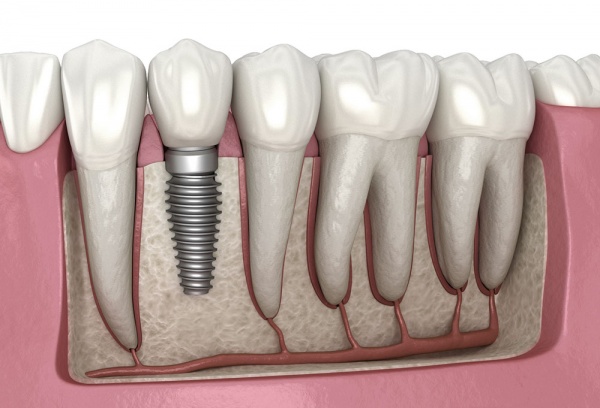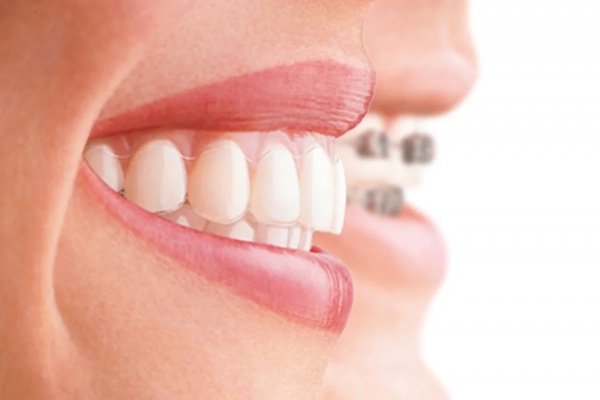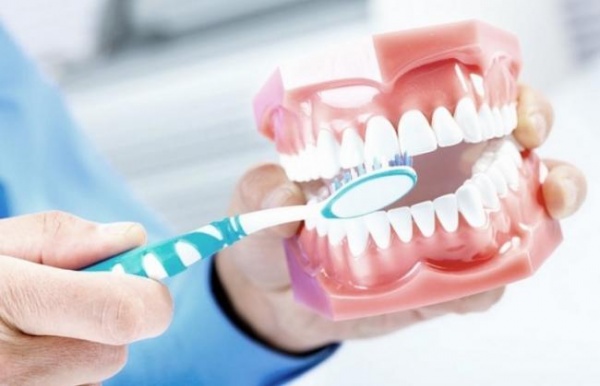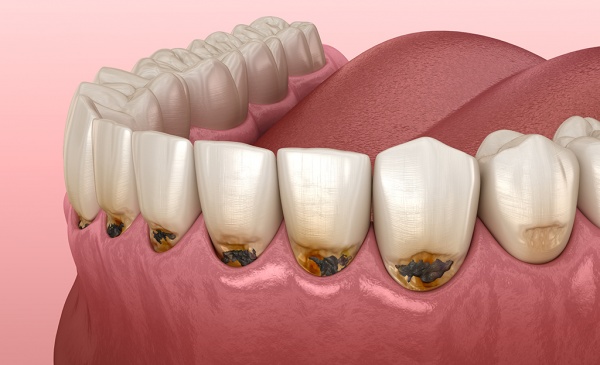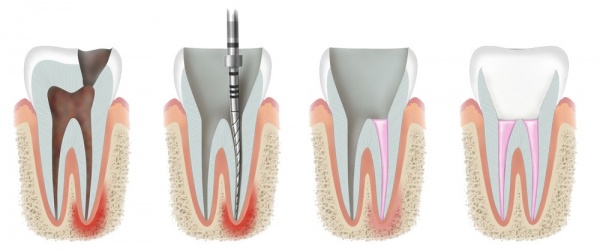When a person loses one or more teeth, going to specialists to restore the teeth is not always as quick as one would like. Especially when it comes to teeth whose absence is unnoticeable to others. If you can't see it, you don't have a problem.
A person begins to get used to the absence of a tooth, ceases to feel discomfort, and does not even think about the consequences. And the consequences are many!
The saddest part is that they develop gradually, nothing seems to happen, but in fact.
The impact of the absence of a tooth on the body:
When an empty space is created by an extracted tooth, the neighboring teeth begin to change their position and shift noticeably, resulting in a malocclusion or loose bite. And if the time is missed, not only implants may be needed, but orthodontic treatment may also be required before implantation.
Since the bone in place of the extracted tooth is no longer under load, bone atrophy (loss of bone tissue) can occur. The bone simply decreases in volume and is no longer needed.
Bone atrophy leads to bite problems, teeth do not close properly, problems with diction, jaw muscles, and pain in the temporomandibular joint.v
Asymmetry of the face may appear because of bite changes.
The roots of teeth near the empty space eventually become exposed, as the gum in place of the missing tooth shrinks and pulls on neighboring tissues. This can eventually lead to the loss of other teeth as well.
Gastrointestinal (GI) diseases. Poor chewing puts extra strain on the gastrointestinal tract, which can lead to gastritis, peptic ulcers, and digestive problems.
Everything in our body is interconnected, so gastrointestinal problems affect the absorption of nutrients by the body, which in turn can cause anemia, protein deficiency, avitaminosis and other diseases.
Therefore, it is better not to delay in contacting specialists when there are indications for implantation.
Dental implants are a sure way to avoid these problems and to avoid compromising your quality of life. An implant helps to keep your teeth healthy without consequences or possible misalignment. An implant crown completely mimics the lost tooth, both functionally and aesthetically.

